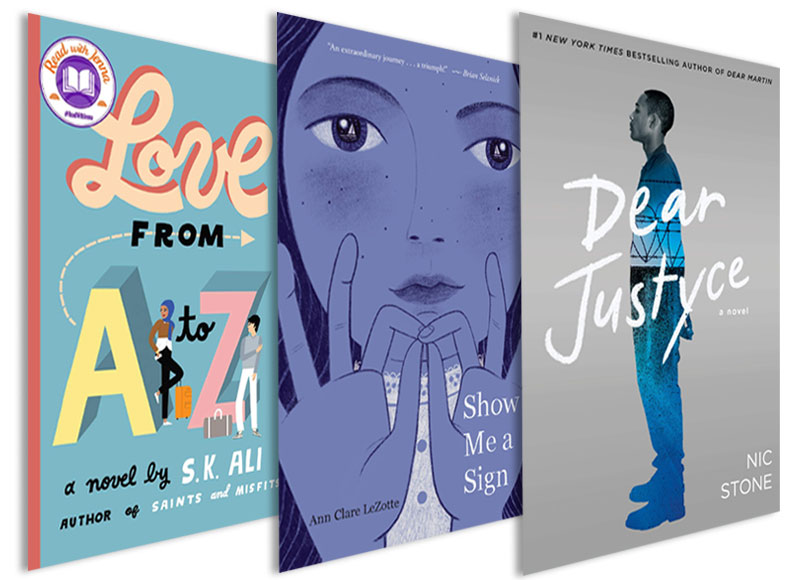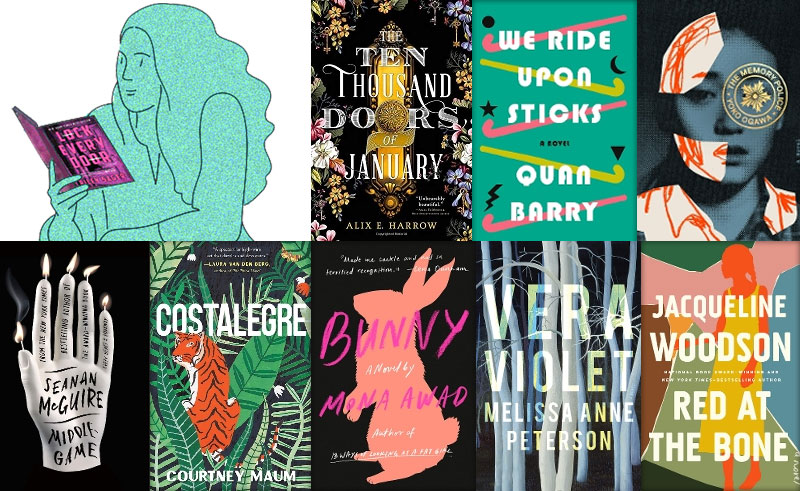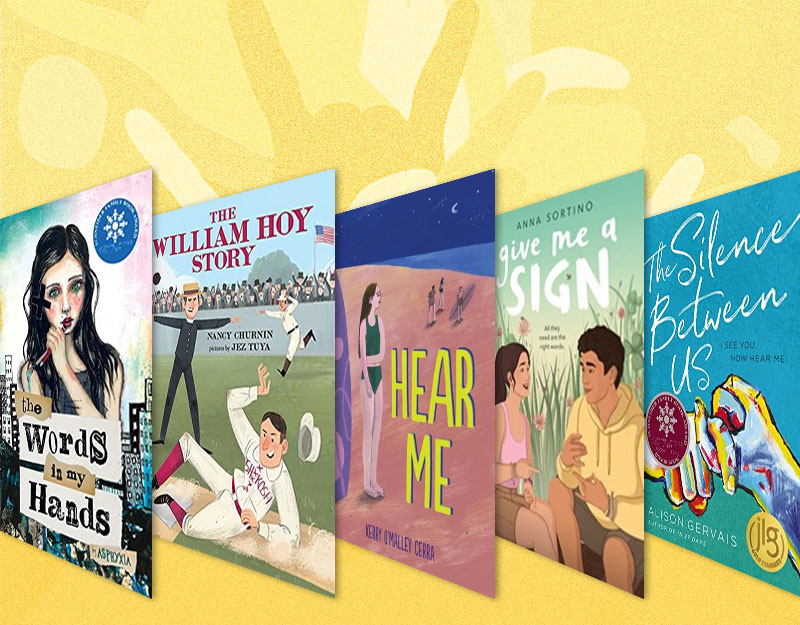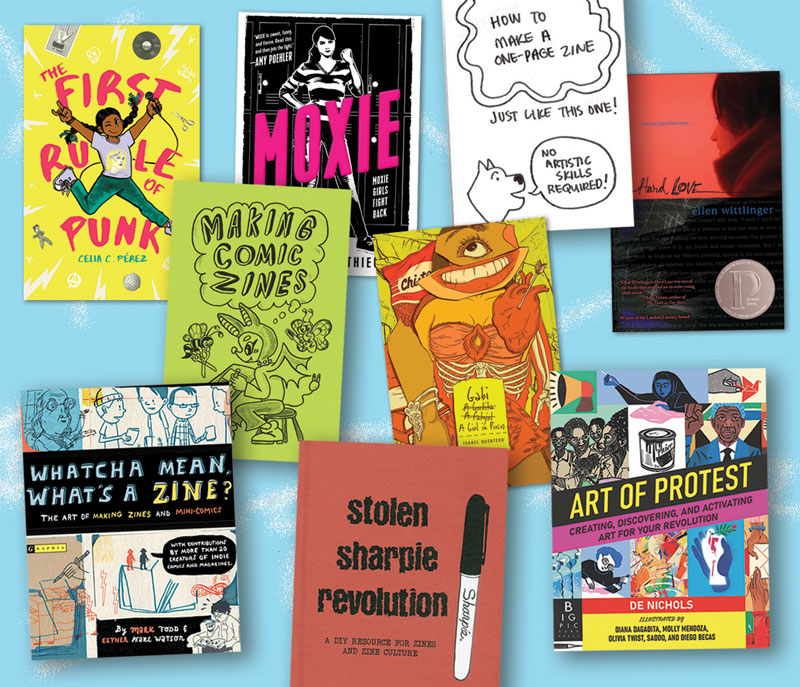Being a Mental Health Helper, a guest post by Katherine Speller

While writing my book, The Beasts in Your Brain: Understanding and Living with Anxiety and Depression, I found myself watching a lot of Mr. Rogers.
Maybe it was the pandemic making me feel nostalgic and craving quiet, thoughtful space in my crowded house or maybe it was that I ran out of episodes of Murder, She Wrote and craved another emotional support septuagenarian, but I found myself going back to his work and the now-memeified quote:
“When I was a boy and I would see scary things in the news, my mother would say to me, “Look for the helpers. You will always find people who are helping.”
ADVERTISEMENT
ADVERTISEMENT
I always loved that quote. I loved the idea of speaking to young people and encouraging them to look for hope and good people taking good action in scary times. The times we were living in, when I was researching and interviewing for this book and wiping down groceries with bleach, sure were scary and paralyzing for me as a grown person. But they were even more-so, for the teenagers who lived through it and lost so much. I wanted to encourage them to look for the helpers and all the different ways the village of adults that raised them can show up for them and be supportive.
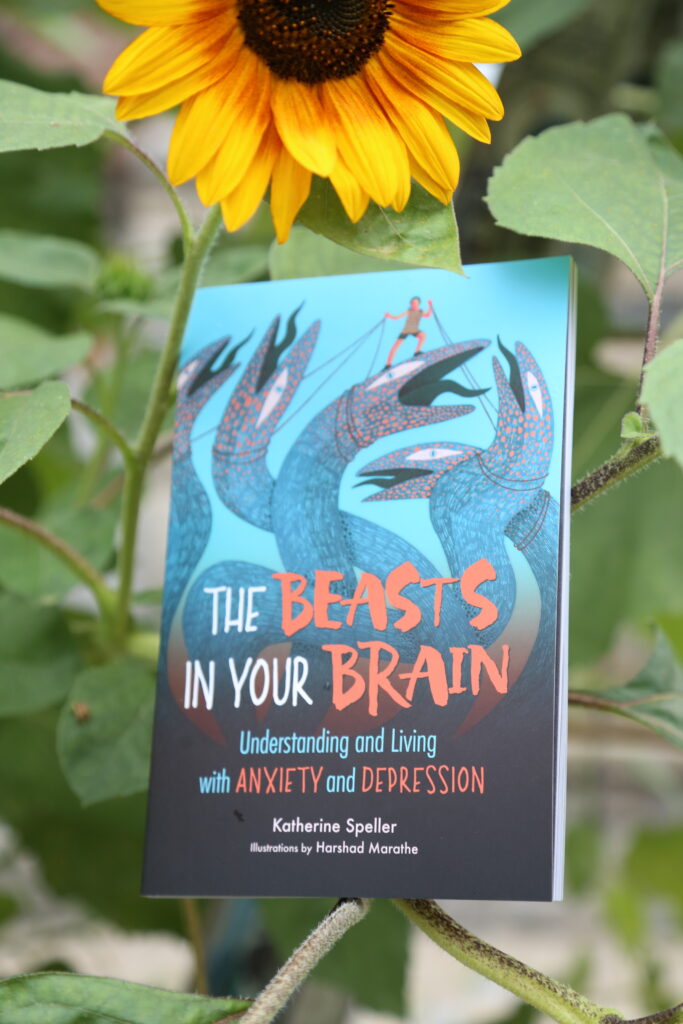
But when I’m speaking to adults, it’s a little bit different: I want us, more than anything, to strive to be the helpers. Particularly, in the case of helping young people who are navigating life with anxiety or depression, I feel like there are so many opportunities for adults in different parts of our communities to use our hard age-earned wisdom, our agency, our resilience to be allies and accomplices in the mental health battles young people today are fighting.
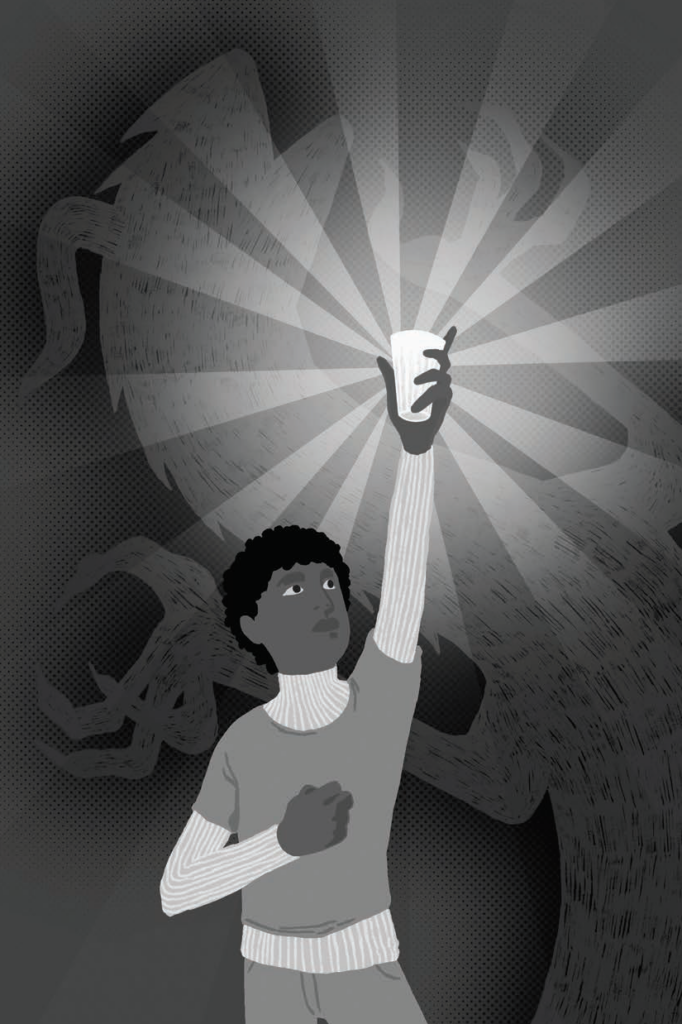
How to Be a Mental Health Helper in 2023
Advocate. Adults are in a much more powerful position to advocate for resources, time, space to be allotted to the mental health needs of young people in their community. It can be as simple as keeping mental health resources in your libraries and classrooms or validating young people’s feelings.
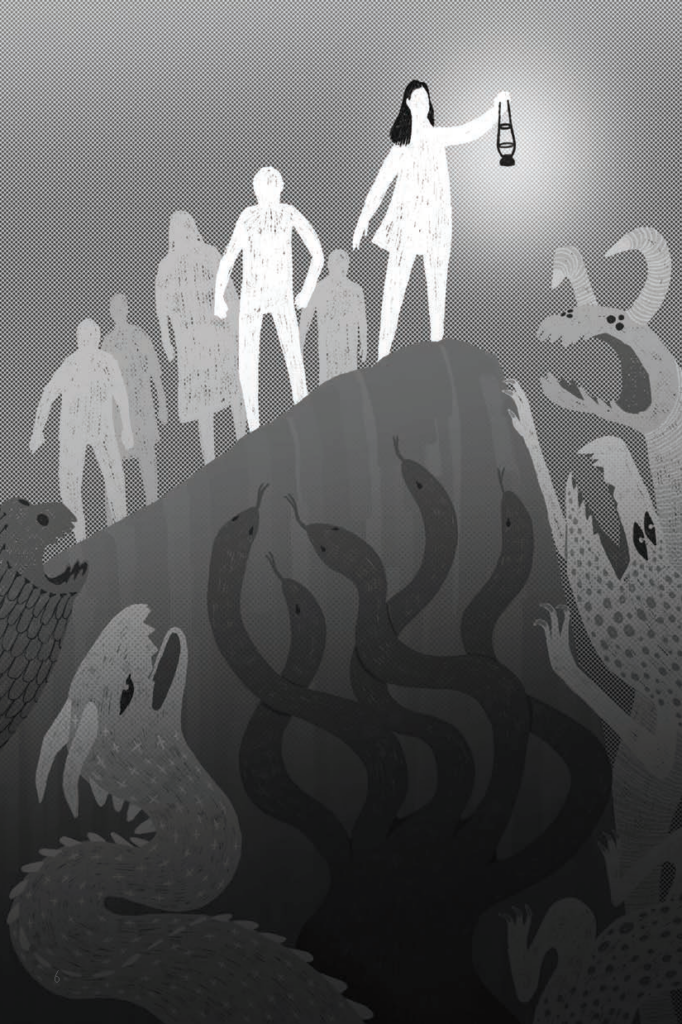
Educate. Sometimes all it takes is just one voice you trust and respect letting you know that your mental health is something worth investing in. Sometimes it’s just one book in the corner of the classroom or an interesting article recommended to someone who really needed it. Sometimes it just takes one mindfulness exercise at the start of class to send a lifeline to an overwhelmed brain. Finding ways to normalize and prioritize access to this information in the environments we control as adults can change a young person’s life.
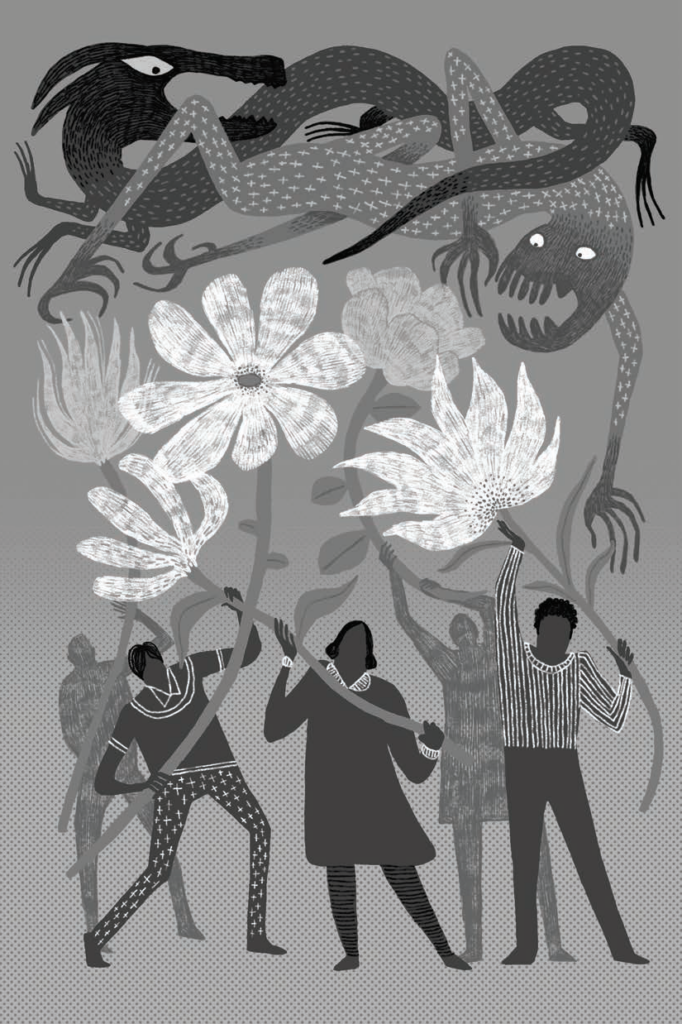
Listen. This skill is universal for both the young and older people in your life — cultivating active, compassionate listening skills that show a respect for a person’s experience and a commitment to understanding them can go a long way. Think of it as a way of showing that your door is always open and that no feeling is too big or too scary to talk about.
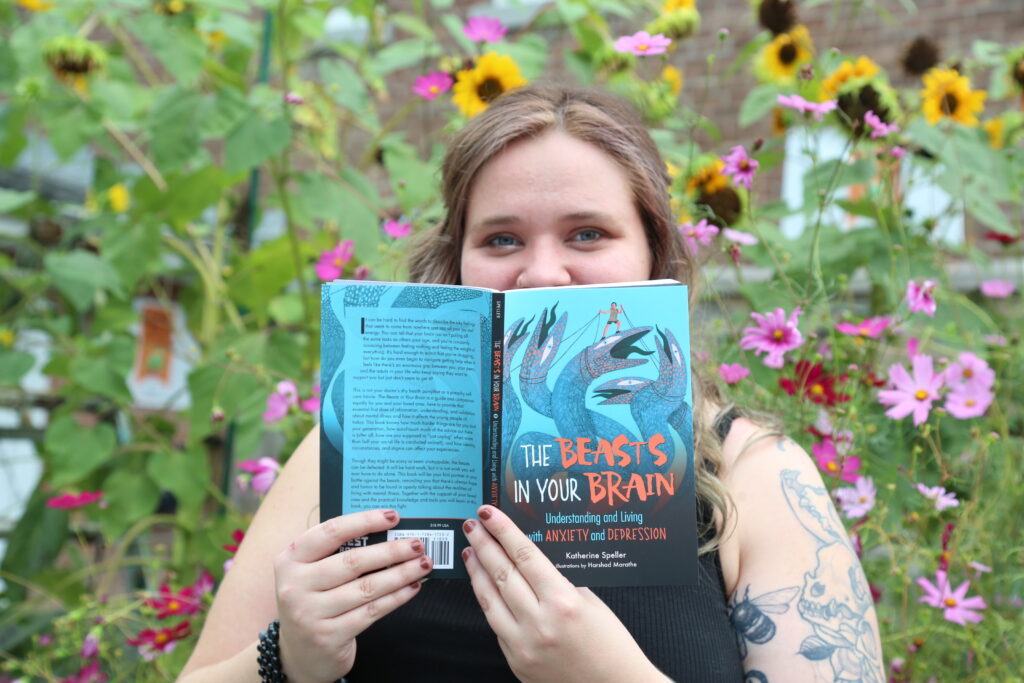
The adults who are best equipped to engage with teens are the ones who are on compassionate, nodding terms with the teens we used to be, but empowered to act as the adults we are. Anyone who works with young people knows that we’re here to help them reach their own empowered, independent adulthoods — ideally with the coping skills and resources to remain resilient, compassionate and curious through it all. Creating spaces for this generation to understand their own minds, to cultivate mental health practices and to seek comfort, support and advice from their communities is just another way we can help them grow up to be the resilient adults who will step in for the next generation — making sure there will always be helpers to look toward.
Meet the author
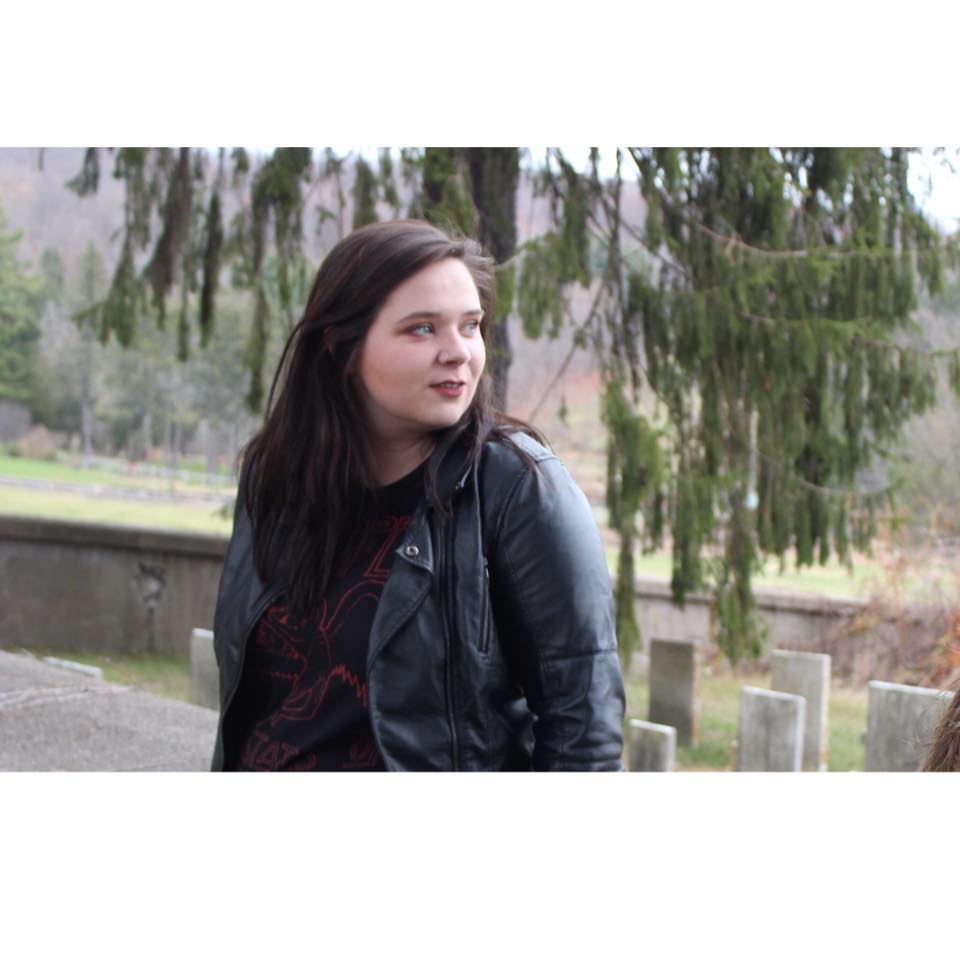
ADVERTISEMENT
ADVERTISEMENT
Katherine Speller is an editor, writer, researcher and journalist based in Brewster, New York. She is also the Editorial Director of Evergreen and Growth at Parents. Her work covering health, wellness, reproductive rights, social issues, politics, technology, sex and relationships, astrology and pop culture have appeared in MTV News, Women’s Health, Bitch, The Daily Dot, WNYC, Public Radio International (PRI), Bustle, and more.
Links:
https://www.instagram.com/kathriller/
https://www.facebook.com/katherine.speller.7
About The Beasts in Your Brain: Understanding and Living with Anxiety and Depression
It can be hard to find the words to describe the icky feelings that seem to come from nowhere and sap all your joy and energy. You can tell that your brain just isn’t pulling off the same tasks as others, and you’re constantly bouncing between feeling nothing and feeling the weight of everything. It’s hard enough to admit that you’re struggling, but how do you even begin to navigate getting help when it feels like there’s an enormous gap between you, your peers, and the adults in your life who keep saying they want to support you but just don’t seem to get it?
This is not your doctor’s dry health pamphlet or a preachy self-care listicle. The Beasts in Your Brain is a guide and companion equally for you and your loved ones, here to provide that essential first dose of information, understanding, and validation about mental illness and how it affects the young people of today. This book knows how much harder things are for you and your generation, how out-of-touch much of the advice out there is (after all, how are you supposed to “just unplug” when more than half your social life is conducted online?), and how identity, circumstances, and stigma can affect your experiences.
Though they might be scary or seem unstoppable, the beasts can be defeated. It will be hard work, but it is not work you will ever have to do alone. This book will be your first partner in your battle against the beasts, reminding you that there’s always hope and humor to be found in openly talking about the realities of living with mental illness. Together with the support of your loved ones and the practical knowledge and tools you will learn in this book, you can win this fight.
ISBN-13: 9781541599253
Publisher: Lerner Publishing Group
Publication date: 09/05/2023
Age Range: 13+
Filed under: Guest Post
About Amanda MacGregor
Amanda MacGregor works in an elementary library, loves dogs, and can be found on BlueSky at @amandamacgregor.bsky.social.
ADVERTISEMENT
ADVERTISEMENT
SLJ Blog Network
Newbery/Caldecott 2026 Spring Check-In
Remember (the) Maine: A Stroll Around Kittybunkport with Scott Rothman
5 Unlimited Access Digital Comics to Boost K–8 Reading | Sponsored
When Book Bans are a Form of Discrimination, What is the Path to Justice?
ADVERTISEMENT




